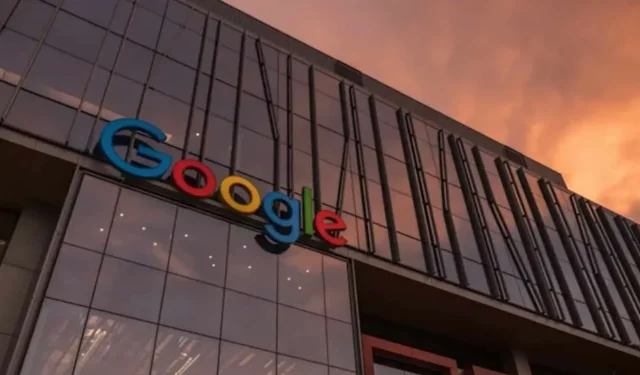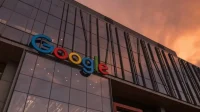Google encourages its employees to improve the Bard chatbot. The goal is to improve the overall accuracy of his product.
In a promotional video posted on Google’s Twitter, the giant artificial intelligence chatbot Bard provided false information about the James Webb Space Telescope (JWST). “JWST took the very first photographs of a planet outside our solar system,” he said, which is not true – it is the Very Large Telescope of the European Southern Observatory that we owe this first. Now the American giant wants to improve Bard’s accuracy and is asking for help from its employees, according to CNBC.
Google encourages its employees to improve the Bard chatbot
Google VP of Research Prabhakar Raghavan reportedly sent an email to employees asking them to rewrite Bard’s answers on topics they knew well. A chatbot “learns better from examples,” says Prabhakar Raghavan, and teaching it actual answers will increase its accuracy. Prabhakar Raghavan also included a list of do’s and don’ts when it comes to correcting Bard’s answers, again according to an email obtained by CNBC.
For example, responses should be written in the first person, as neutral as possible, and they should be written in a polite, up-to-date, and accessible style. Employees must also “avoid any bias based on race, nationality, gender, age, religion, sexual orientation, political ideology, location, or similar categories.”They also shouldn’t describe the Bard as a person, suggest that he has emotions, or claim that he can do things as a human. In addition, they must downvote any response from the chatbot that contains “legal, medical, or financial advice”or hateful or rude content.
The goal is to improve the overall accuracy of your product.
This note from Prabhakar Raghavan came shortly after another letter, this time from Google CEO Sundar Pichai, in which he asked him to dedicate a few hours of his time each week to testing the chatbot. Google employees criticized the CEO for deploying Bard “too early”and for being “failed”in development. The latter is now offering them the opportunity to “help shape [the chatbot] and contribute”by testing this new product. He also reminded everyone that some of “Google’s most successful products”were not first to market and that they “gained popularity because they met important user needs and were “shaped on the basis of deep technical knowledge.”
People have been waiting for Google’s response to ChatGPT since the launch of the OpenAI chatbot late last year. This technology, actively supported by Microsoft, has generated huge interest in recent months, enough to shock Alphabet and its investors. Google tried to assuage the latter’s concerns during its financial presentation earlier this month by launching its own chatbot and developing its own AI-powered research tool to compete with the new generation of enhanced Bing, it, for ChatGPT.


